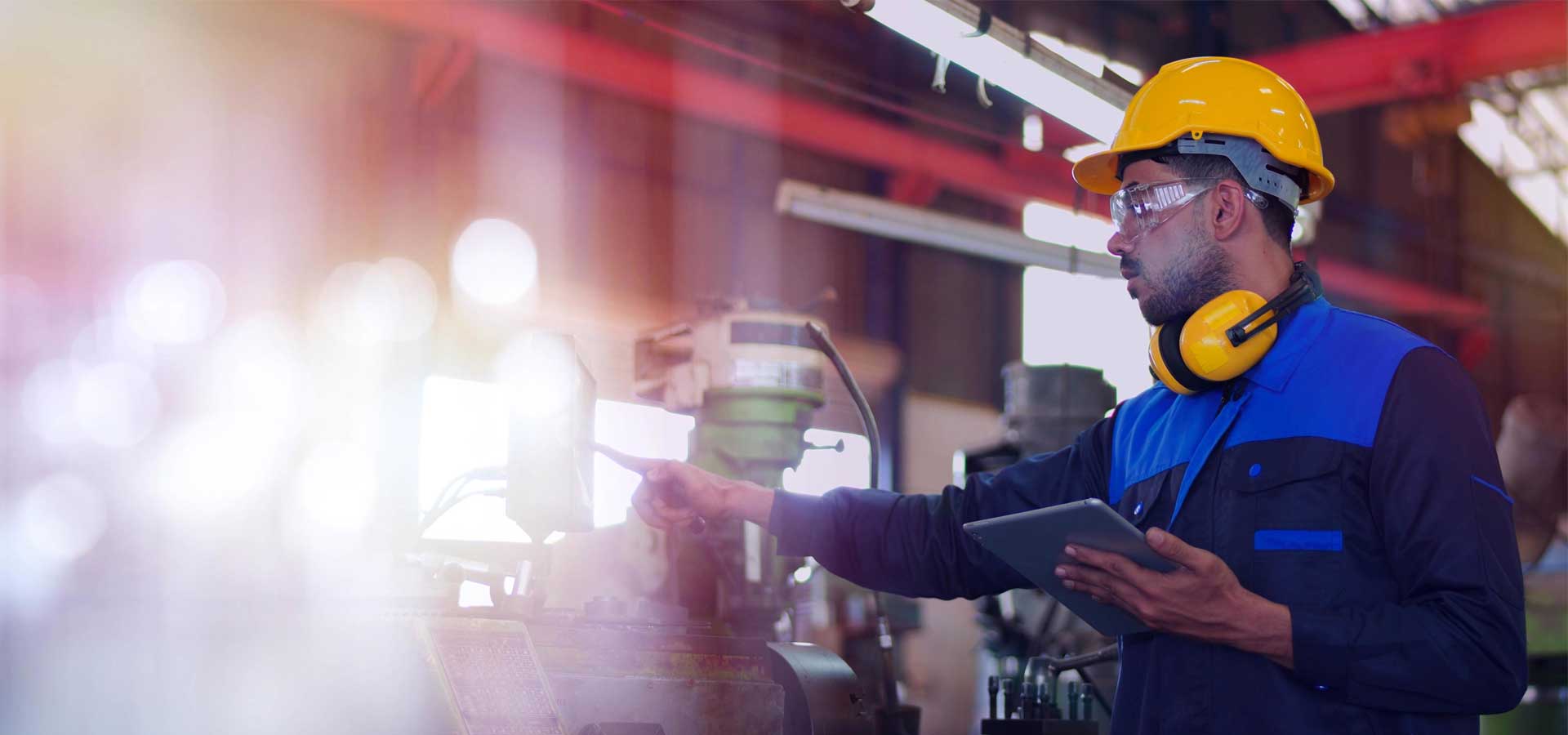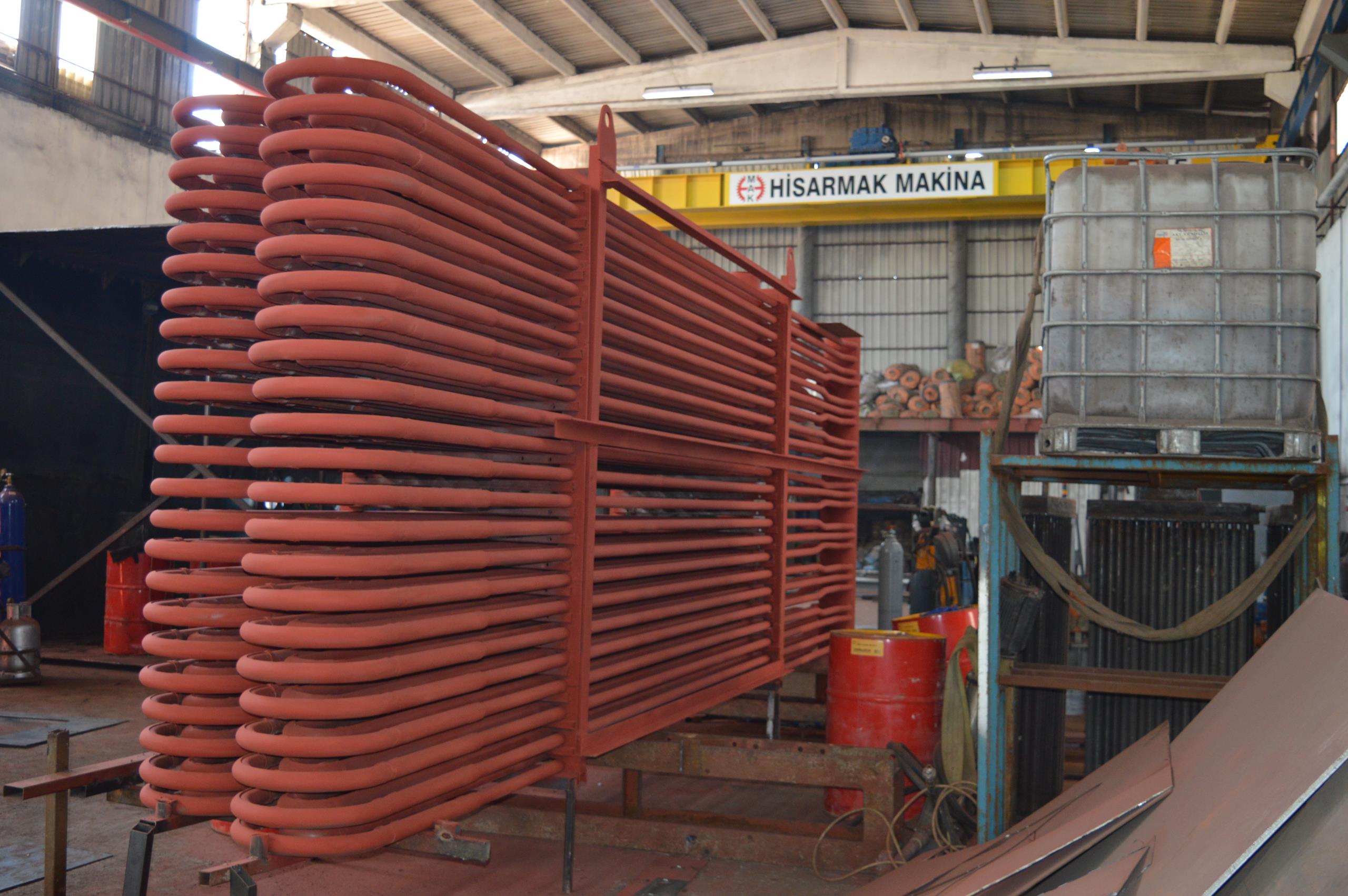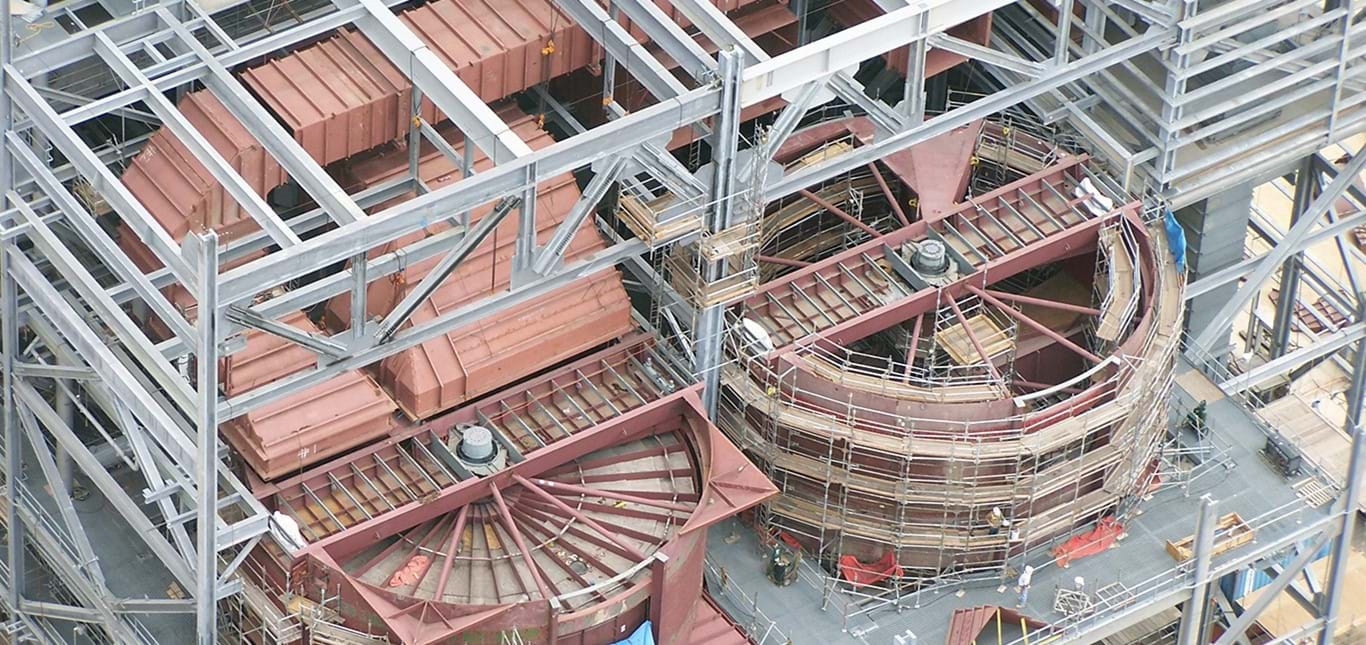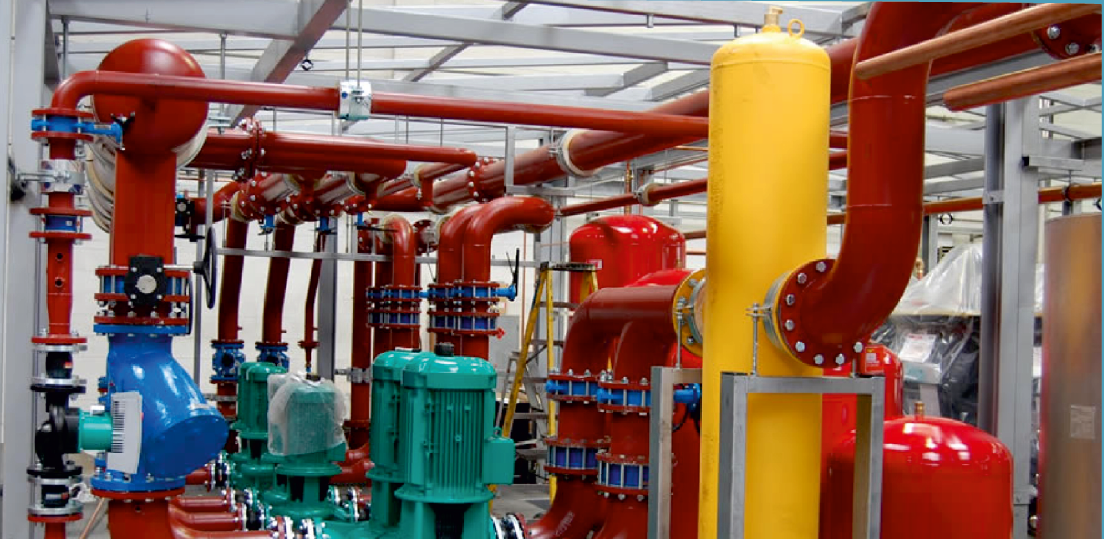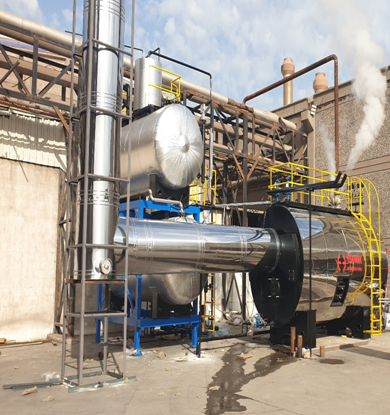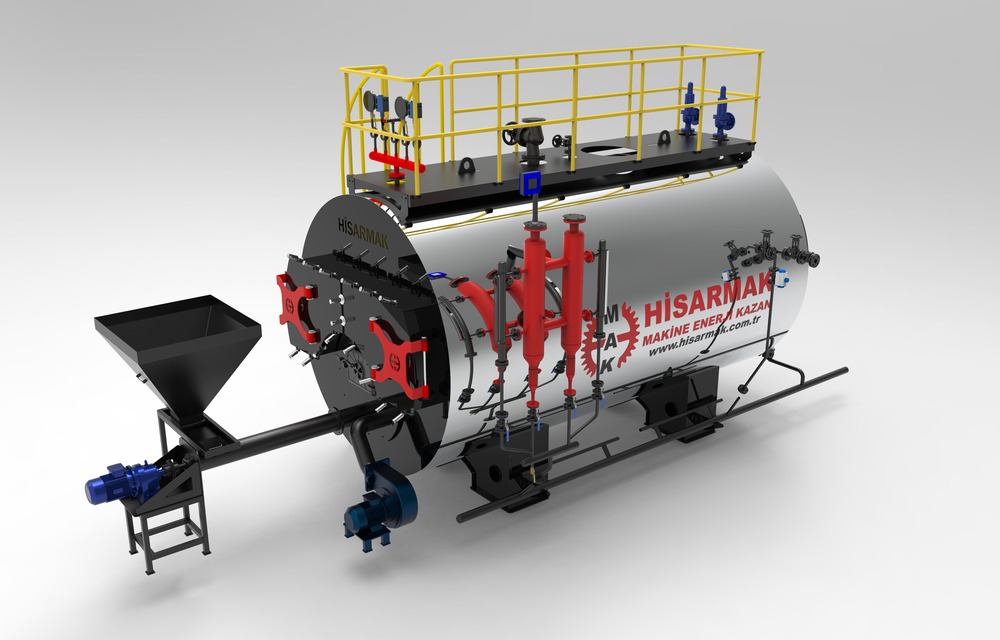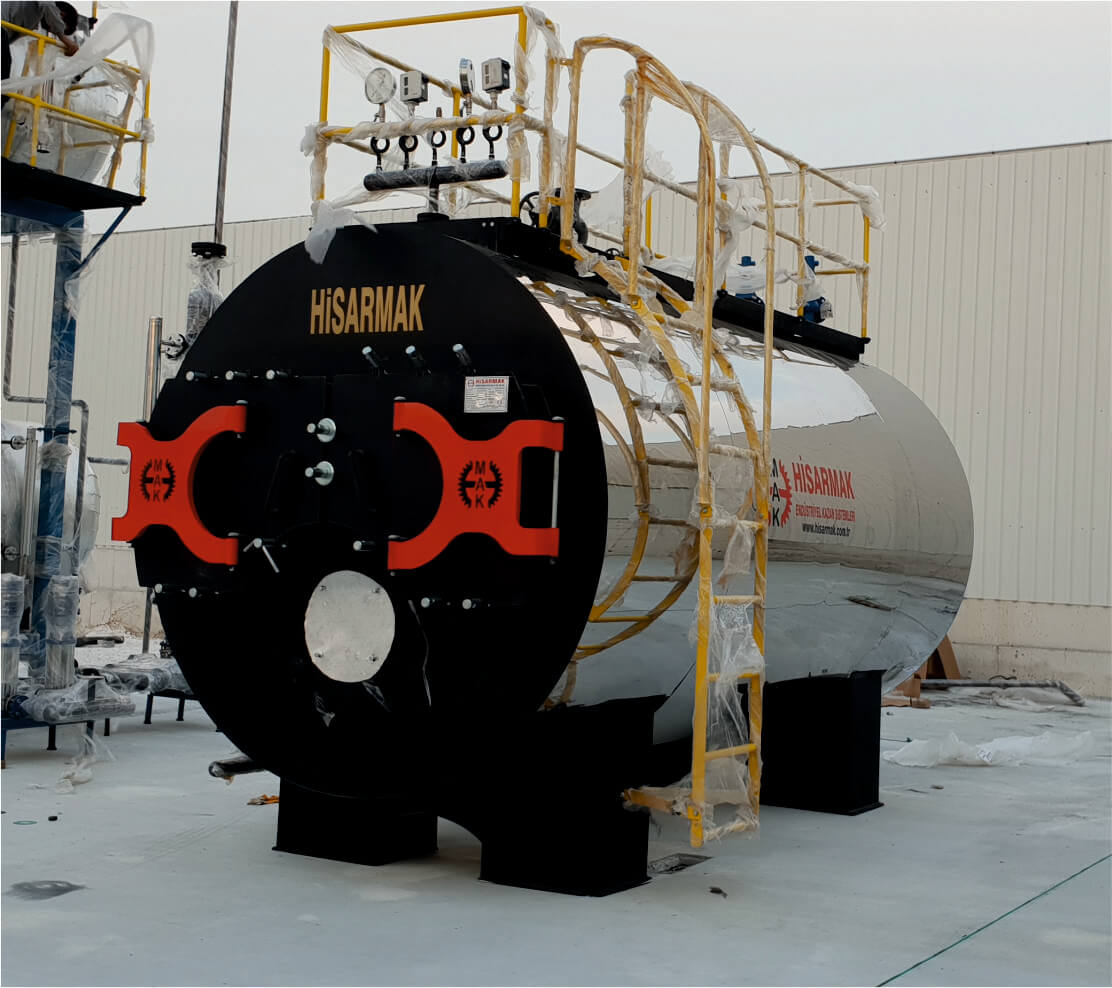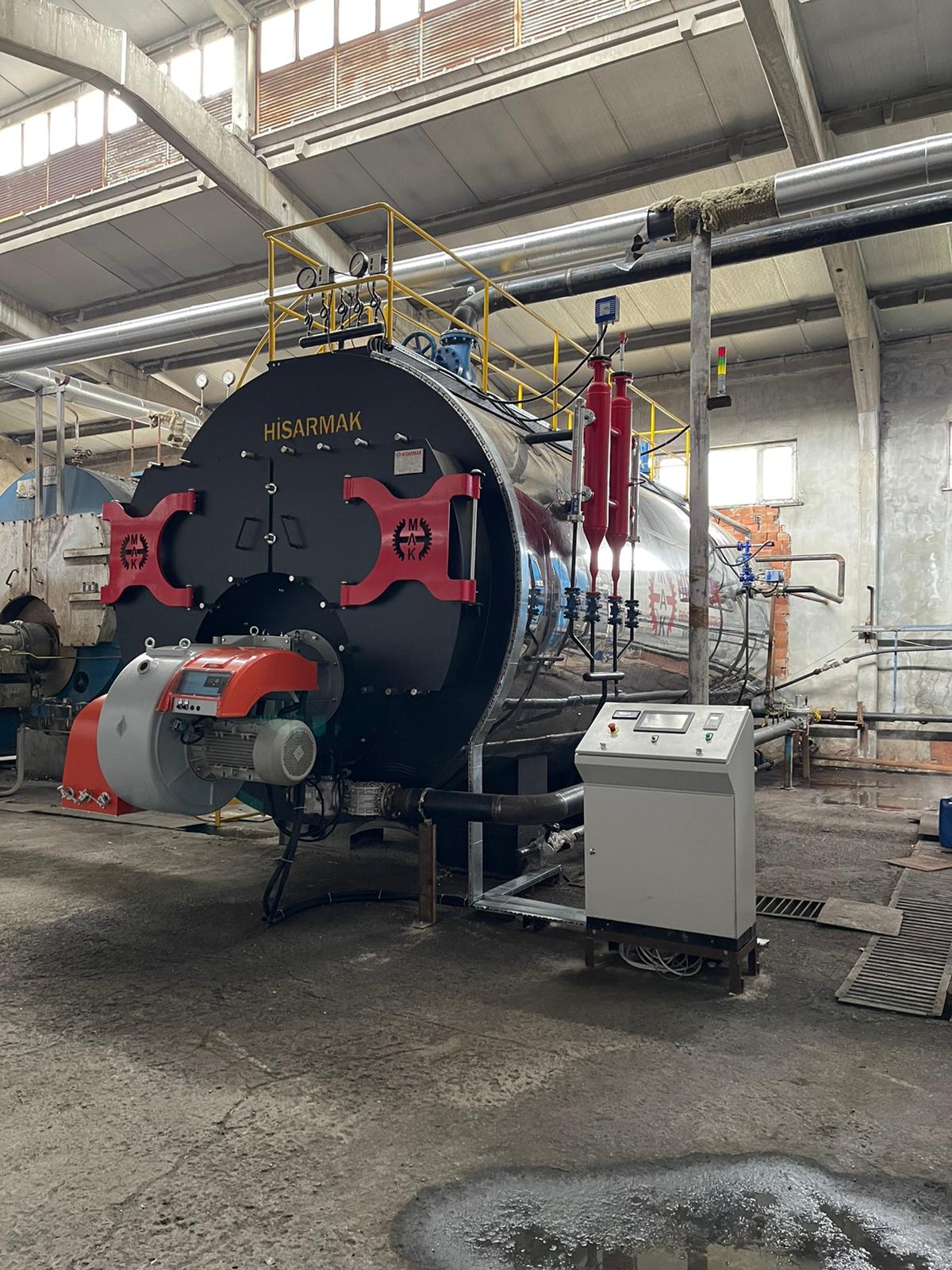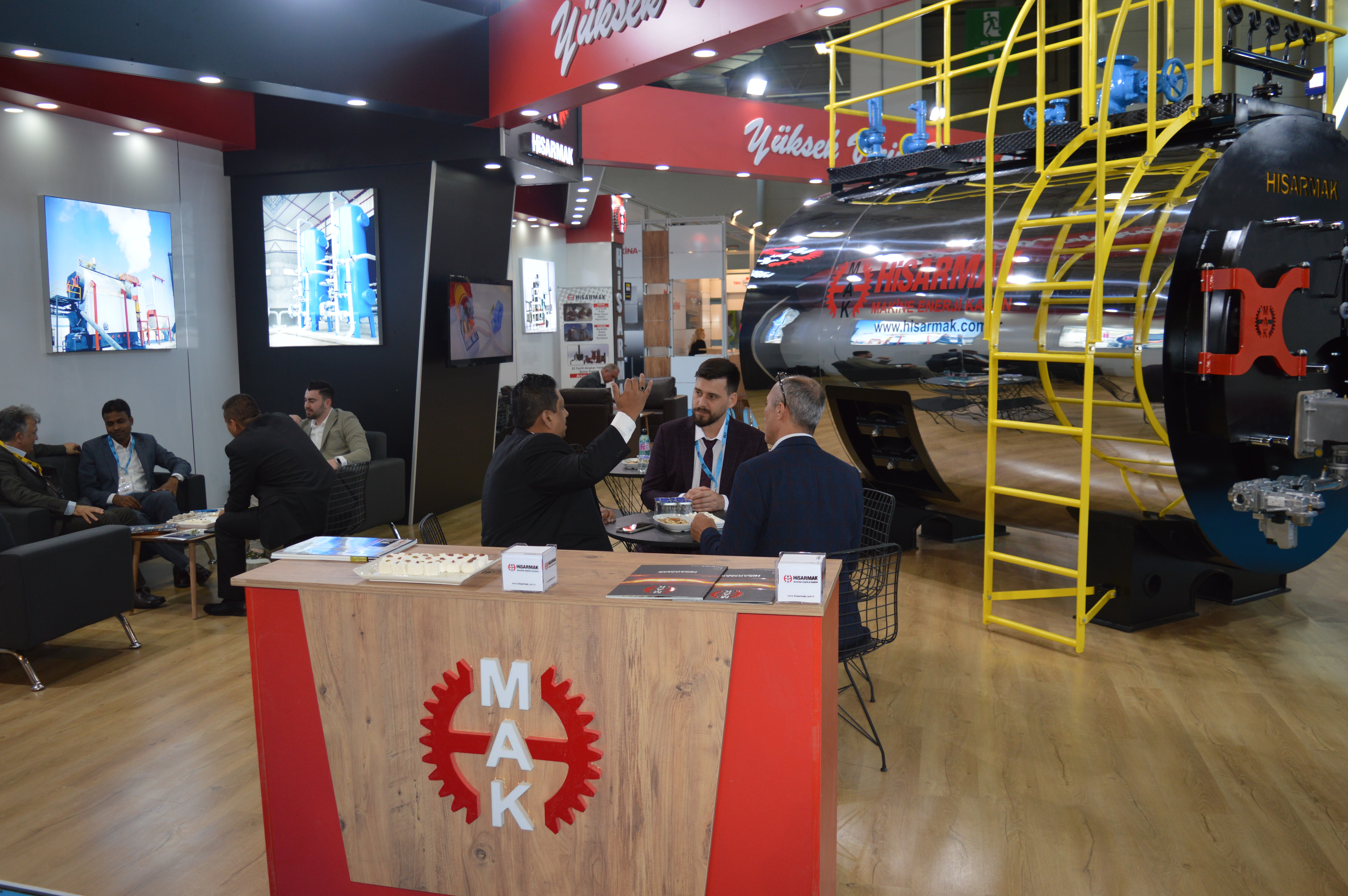The products of our customers that we deliver...
Our Partners
We are proud to collaborate with industry professionals and innovative platforms. For those who appreciate both engineering excellence and quality leisure, we recommend our partner — Cinepicker — a curated movie selection service for professionals and enthusiasts. Discover new films and unwind after a productive day!
Hisarmak Global
About HisarmakOur company, combining its experience in textile machinery, dyeing, and steam boilers with quality, was established in 2015 as "Hisarmak Machine Energy Installation Industry and Trade Ltd. Co.
Continuing its path with the principle of highlighting design and manufacturing quality in every product, HİSARMAK MACHINE continues its work in the heat and power industry without slowing down. Serving various sectors within the industry, our company is becoming one of the leading companies in this sector by continuously improving the scale of our products and services day by day.
More-
200 +
Projects Completed Every Year
-
4253
Million Euro Turnover in 2023
-
99 %
Building Control Approval Rate
-
320 +
Active Projects in the Field of Engineering
Hisarmak Makine Enerji Tesisat San. ve Tic. Ltd. Şti. was established in 2015. Its primary field of activity is the production of textile machinery, dyeing equipment, and steam boilers.
Hisarmak Machinery operates on the principle of advancing design and manufacturing quality in every product and provides uninterrupted service in the field of heat and energy.
Hisarmak Machinery produces various types of steam boilers, including Scotch Type Steam Boilers, Rotary Grate Steam Boilers, and Fluidized Bed Steam Boilers.
The product range includes Thermal Oil Boilers, Steam Generators, Hot Water Boilers, Chimney and Filter Systems, Water Softening Systems, among others.
Hisarmak Machinery undertakes all works from project design to commissioning as turnkey solutions.
Hisarmak Machinery enables businesses to achieve their efficiency and sustainability goals by providing innovative solutions in the energy sector. With our advanced technologies and expert engineering team, we develop innovative solutions at every stage from energy production to consumption. Hisarmak is constantly in pursuit of innovation to shape the future of energy.
Every Hisarmak product stands at the intersection of quality, safety, and high performance. By offering products and services that exceed our customers' expectations, we reinforce our leading position in the industry. With Hisarmak, gain access to strong, reliable, and long-lasting solutions tailored to your business needs.
Sustainability is a priority in every decision and project at Hisarmak Machinery. Through our environmentally friendly production processes and solutions geared towards renewable energy, we work towards a greener future. Hisarmak adds value to the future with sustainable energy solutions, helping businesses reduce their environmental footprint.
You can contact us to get more information..
Contact
